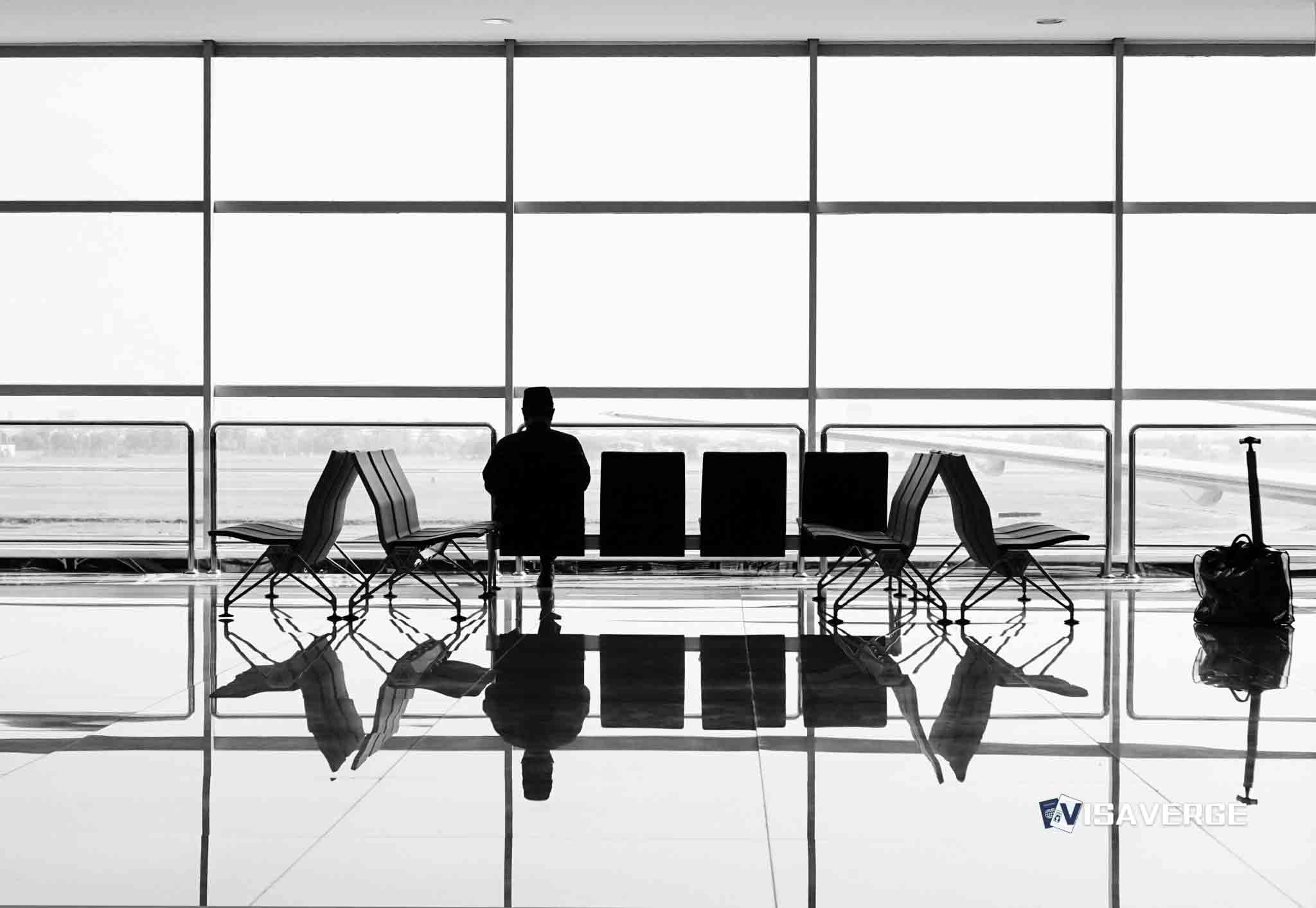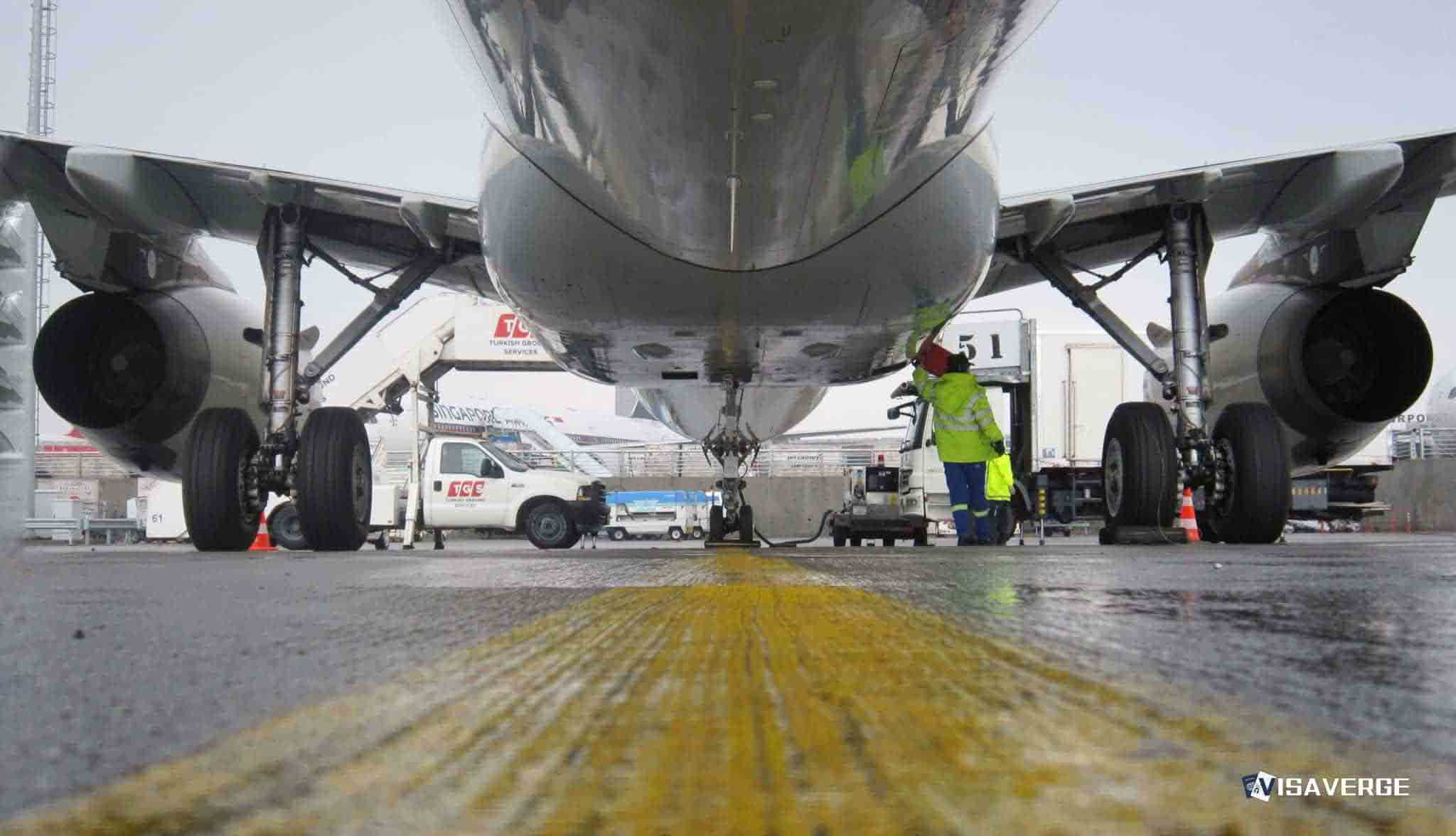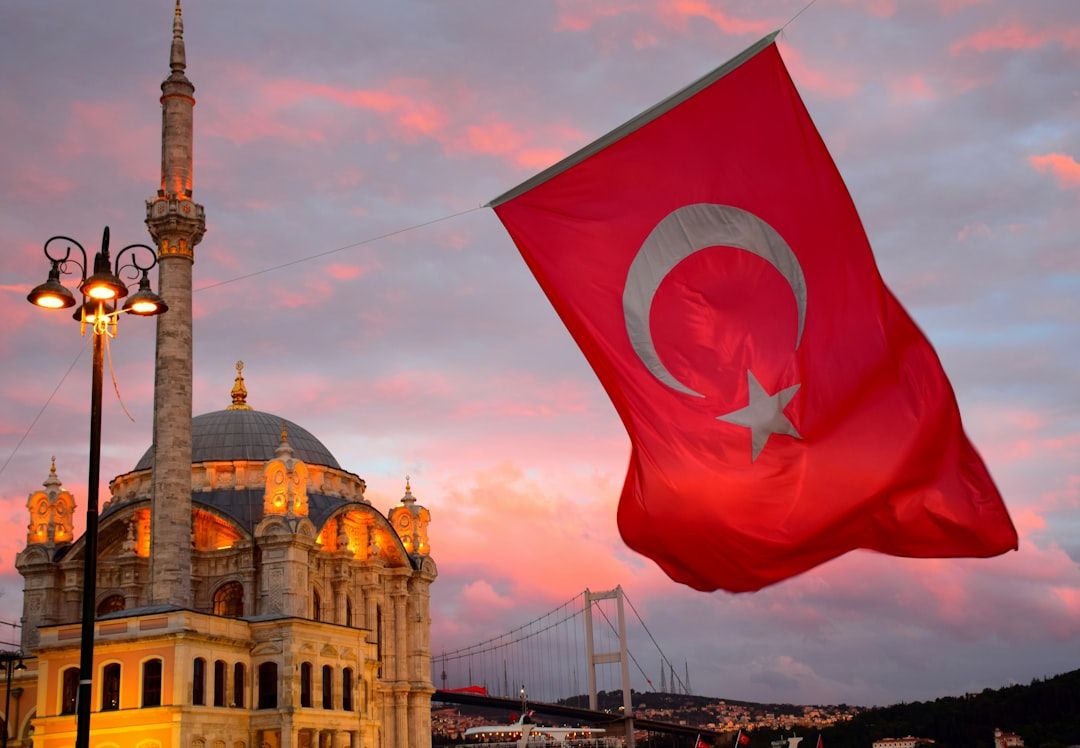Key Takeaways:
- Over 1,300 pilgrims died in Mecca, primarily due to a heat wave and exploitation by unscrupulous tour companies.
- Licensed tour companies facilitate Hajj by handling visas and logistics, contrasting with fraudulent operators offering tourist visas.
- Authorities crackdown on illegal pilgrimages to prevent future tragedies, emphasizing safe and regulated Hajj practices.
A Deadly Hajj Season: What Happened in Mecca this Year
How Many People Died in the Mecca Heat Wave?

This year’s Hajj pilgrimage to Mecca ended in a devastating tragedy, with more than 1,300 people losing their lives earlier this month. While a searing heat wave in Saudi Arabia has been widely pointed to as the primary cause of this disaster, there are deeper layers to the incident that have come to light, involving unscrupulous tour companies exploiting the lax visa system.
Myassar Hassan, a 67-year-old pilgrim from Jordan, shared her harrowing experience: “There are some companies, a lot of them are in Egypt, and they promise people to go to Hajj for a cheap price, but they give [pilgrims] a tourist visa, and then when they arrive in Mecca, they have to figure everything out for themselves.”
This leaves people without the right permits, forcing them to sneak into the city, skirting security checkpoints and navigating through the brutal heat without access to basic necessities like water. This year’s staggering death toll has consequently led to a crackdown by authorities in Saudi Arabia and other nations on illicit operators exploiting the country’s visa system.
How Do Muslims Get to Perform Hajj?
Hajj is one of the five pillars of Islam, making it a religious duty for every Muslim who is physically and financially able to go to Mecca at least once in their lifetime. The sheer number of that potential is staggering, with approximately two billion Muslims worldwide, many of whom are ready to perform Hajj. To manage this demand, Saudi Arabian officials implement a strict quota system.
On average, about two million pilgrims descend upon Mecca each year. Each country receives a specific number of Hajj visas annually based on the size of its Muslim population. These visas are typically distributed through a lottery system. For instance, in 2023, Canada received 1,951 Hajj visas, while Egypt, with its 95 million Muslims, had 50,000 pilgrims registered.
Most Muslims who secure a Hajj visa sign up with a licensed tour company in their home country. These companies manage all the paperwork and provide pilgrims with an Islamic guide—usually an imam—who accompanies them, preparing them for the event. Tour groups coordinate transportation, meals, and accommodations in Mecca and at nearby Mina, known as the “city of tents.”
What is the Role of Tour Companies in Organizing Hajj Pilgrimages?
Licensed tour companies play a significant role in ensuring a smooth Hajj pilgrimage. Myassar Hassan recounted her experience positively: “They gave us a very specific plan, scheduled times on where to go for the entire trip, and taught us everything we need to know before we arrive in Mecca.”
This meticulous planning by reputable tour operators contrasts sharply with the conduct of some unscrupulous companies that promise cheap deals but exploit travelers by providing only tourist visas instead of Hajj visas. Such deceit forces those without the correct visa to find alternative, often dangerous, routes into Mecca, away from police checkpoints, and through the city’s challenging and hot landscape.
One account by Hassan reveals the precarious situations faced by those using tourist visas: “From what I heard, they’re just usually dropped off somewhere around Mecca and sometimes told to walk and find a way into the city, around all the checkpoints.”
What Are the Risks for Pilgrims with Tourist Visas?
People entering Mecca without proper Hajj visas pose a considerable challenge for authorities who are responsible for organizing an orderly and safe pilgrimage. Police officers are stationed around Mecca’s borders to ensure only those with valid Hajj permits are admitted. Buses, such as the one Hassan took from Amman, Jordan, to Mecca, undergo frequent inspections.
“I remember being so worried. I couldn’t find my permit. I had to dig through my purse until I found it; I would not be allowed in otherwise,” Hassan recalled.
The Saudi government imposes severe penalties for those attempting to perform Hajj without a permit. According to Saudi media, violators face fines of up to 50,000 riyals ($18,000 Cdn) and imprisonment of up to six months.
How Did Authorities Respond During the Tragedy?
During the Hajj pilgrimage, there were several instances where Saudi officials had to take action against unregistered pilgrims. On Mount Arafat, about 20 kilometers from the main pilgrimage site, Hassan witnessed these crackdowns firsthand.
“We had one woman who we kept in our tent. We gave her juice and some food, but we couldn’t keep her in. We had to make her leave, or we’d be fined for it,” says Hassan. The woman and many others were left to fend for themselves in the scorching sun, deprived of food, water, and shelter.
Some pilgrims were visibly suffering from the heat. “I saw people collapsing on Mount Arafat,” Hassan said. “Some people were vomiting. I saw others pouring water on those collapsing. The sun was just so hot.”
The highest recorded temperature during the pilgrimage was around 50°C, although Hassan felt it was even hotter. “There were lots of people. It was like an oven.”
What Steps Are Being Taken for Better Hajj Pilgrimage Safety?
In response to this tragic Hajj season, Saudi authorities and other countries are implementing stricter measures to prevent a repeat of such a disaster. Saudi Arabian health officials provided “specialized treatment” to 141,000 people who didn’t have official authorization to perform Hajj. The Health Ministry noted that 83% of those who died in Mecca were unregistered pilgrims, with over 660 of them being Egyptian.
Egypt has taken significant steps to curb illegal pilgrimages. Prime Minister Mostafa Madbouly ordered the revocation of licenses for 16 tour companies found to be illegally facilitating travel to Mecca.
How Can Pilgrims Protect Themselves from Visa Exploitation?
While Myassar Hassan’s experience was spiritually fulfilling, she is aware of the complexities and risks involved in undertaking the Hajj pilgrimage, especially with the presence of shady tour operators. “A lot of people want to come [to Mecca], and sadly, there will always be companies that will cheat and lie in the face of people,” she remarked.
Hassan hopes that future pilgrims will become more discerning and avoid falling into the traps set by unscrupulous companies. “I just wish people would have some common sense and maybe avoid these illegitimate companies and be patient for their turn,” she said. Her journey to perform Hajj required patience and dedication, as she waited for her children to grow up and saved money until she could afford to go.
“We are Muslims; we are better than this. Patience is one of the beautiful elements of Islam.”
Practical Tips for Future Hajj Pilgrims
For those planning to embark on Hajj, it is crucial to be well-informed and cautious. Here are some practical tips to avoid falling prey to visa exploitation and ensuring a safe and spiritually fulfilling pilgrimage:
- Book with Licensed Tour Companies: Always choose a licensed Hajj tour company in your home country. They will manage all necessary paperwork and provide you with the correct Hajj visa.
-
Verify Company Credentials: Cross-check the credentials of the tour company and read reviews from previous pilgrims to ensure authenticity.
-
Understand the Visa Process: Familiarize yourself with the visa application process. Saudi Arabia’s Ministry of Hajj and Umrah provides detailed information on obtaining a Hajj visa. Visit the official website.
-
Prepare Adequately: Make sure to attend preparatory sessions provided by your tour company. These sessions help you understand the rites and logistics of Hajj.
-
Stay Hydrated and Protected: Given the extreme temperatures often experienced during Hajj, always carry water and remain hydrated. Use umbrellas and lightweight clothing to protect against the sun.
-
Keep Documentation Handy: Ensure you have all necessary documents, including your Hajj permit, passport, and identification, readily accessible at all times.
Reflecting on the Future of Hajj
Performs Hajj is an ethical journey that every eligible Muslim aspires to undertake. However, the recent tragedy underscores the urgent need for stricter regulations and heightened awareness to prevent future disasters in Mecca.
By fostering patience and vigilance, the global Muslim community can help ensure that the Hajj pilgrimage remains a safe and spiritually enriching experience for all.
According to VisaVerge.com, ongoing efforts by the Saudi government to crack down on visa exploitation are crucial steps in safeguarding the safety and sanctity of Hajj.
As the world witnesses the aftermath of this deadly Hajj season, it is a stark reminder of the importance of foresight, regulation, and the communal responsibility to ensure the well-being of every pilgrim. The lessons learned from this year will hopefully pave the way for safer and more organized pilgrimages in the future, preserving the profound spiritual essence of Hajj for generations to come.
Learn Today:
Glossary of Terms
- Hajj Visa: A specialized permit issued by the Saudi Arabian government that allows Muslims to perform the pilgrimage to Mecca. This visa is distinct from tourist visas and ensures that pilgrims have access to necessary resources and routes.
- Quota System: A mechanism used by Saudi Arabian officials to manage the number of pilgrims by allocating a specific number of Hajj visas to each country based on its Muslim population. This helps regulate the influx of pilgrims and ensure order and safety.
- Licensed Tour Companies: Authorized travel agencies that have the credentials and legal permissions to organize Hajj pilgrimages. They handle all visa documentation and provide logistical support to pilgrims, such as transportation, accommodation, and religious guidance.
- Tourist Visa: A type of visa that permits foreigners to enter a country for tourism purposes, but not for specific activities like performing Hajj. Pilgrims entering Mecca on tourist visas risk legal repercussions and lack access to authorized facilities.
- Checkpoints: Security stations set up around Mecca to monitor and control access, ensuring that only those with valid Hajj permits can enter the city. These checkpoints aim to maintain order and protect the safety of pilgrims during the Hajj season.
This Article In A Nutshell:
This year’s Hajj pilgrimage in Mecca was marred by a devastating heat wave, claiming over 1,300 lives. Many victims were trapped in deadly conditions due to deceitful tour operators exploiting the visa system. The tragedy has sparked a crackdown on these unscrupulous companies to prevent future disasters.
— By VisaVerge.com
Disclaimer: The information provided in this article is for informational purposes only. If you reference or use any content from this article, please attribute it to VisaVerge.com by including a link to the original source. We appreciate your adherence to our content usage policies and your commitment to giving proper credit.
markdown ## Read more
- [Bangladesh PM Requests Hajj Visa Extension from Saudi Arabia](https://www.visaverge.com/news/bangladesh-pm-requests-hajj-visa-extension-from-saudi-arabia/)
- [Saudi Arabia Suspends Umrah E-Visas for Egyptians Due to Heatwave Deaths](https://www.visaverge.com/news/saudi-arabia-suspends-umrah-e-visas-for-egyptians-due-to-heatwave-deaths/)
- [US Visa Ban on Charter Flight Executive for Aiding Illegal Migration](https://www.visaverge.com/news/us-visa-ban-on-charter-flight-executive-for-aiding-illegal-migration/)
- [New Umrah Visa Rule: 3-Month Validity from Issuance Date](https://www.visaverge.com/news/new-umrah-visa-rule-3-month-validity-from-issuance-date/)
- [Saudi Arabia Announces Umrah Visa Expiry Date for Pilgrims](https://www.visaverge.com/news/saudi-arabia-announces-umrah-visa-expiry-date-for-pilgrims/)









